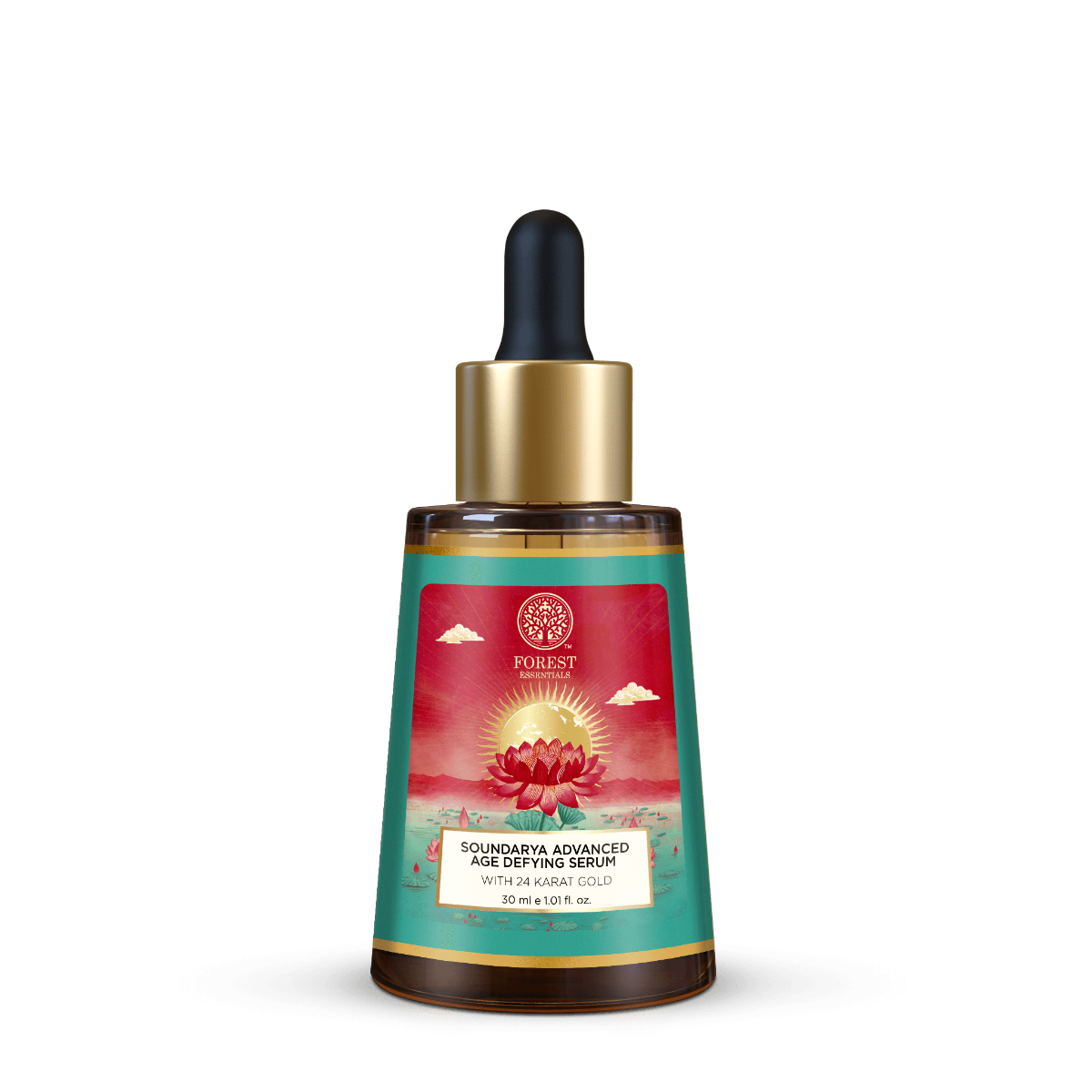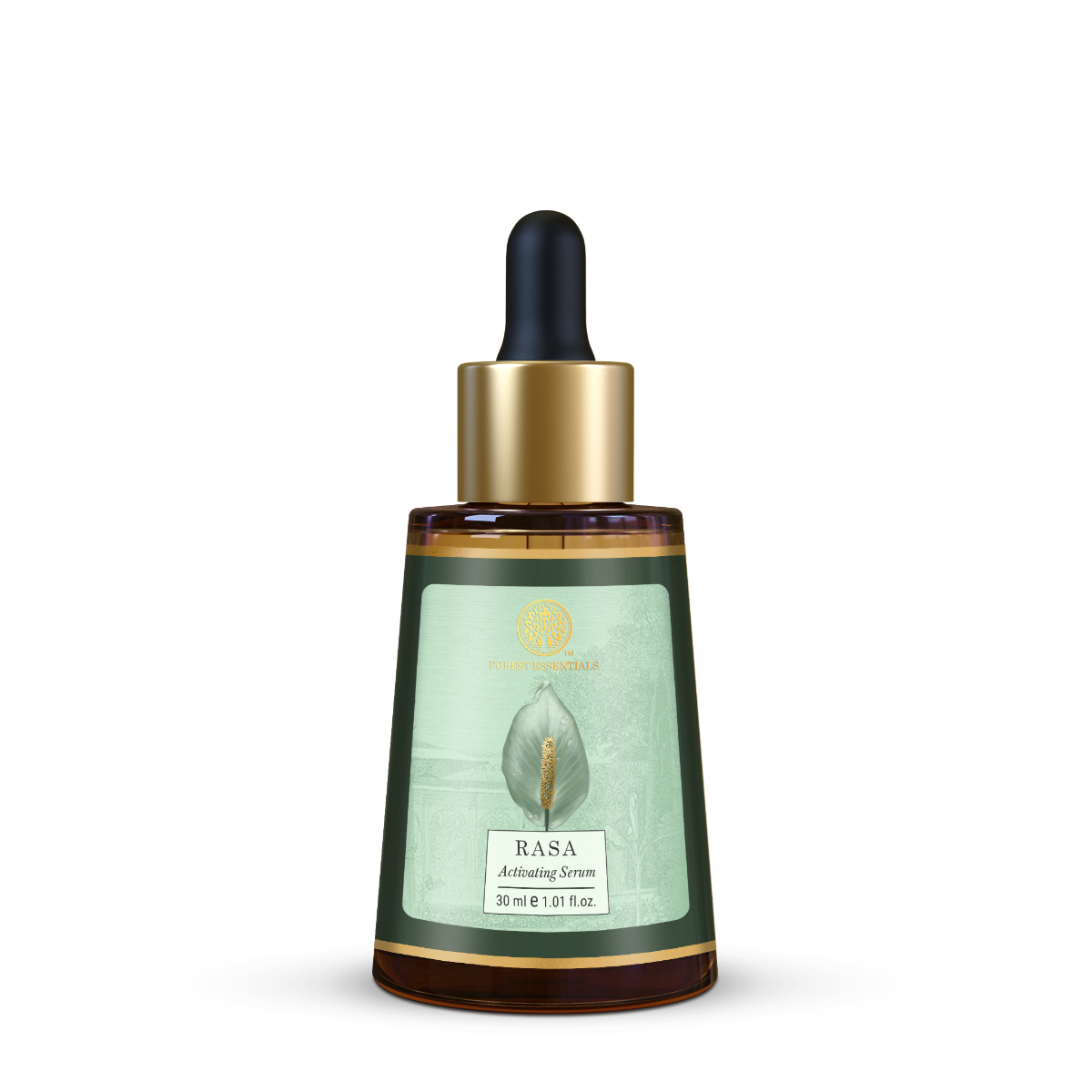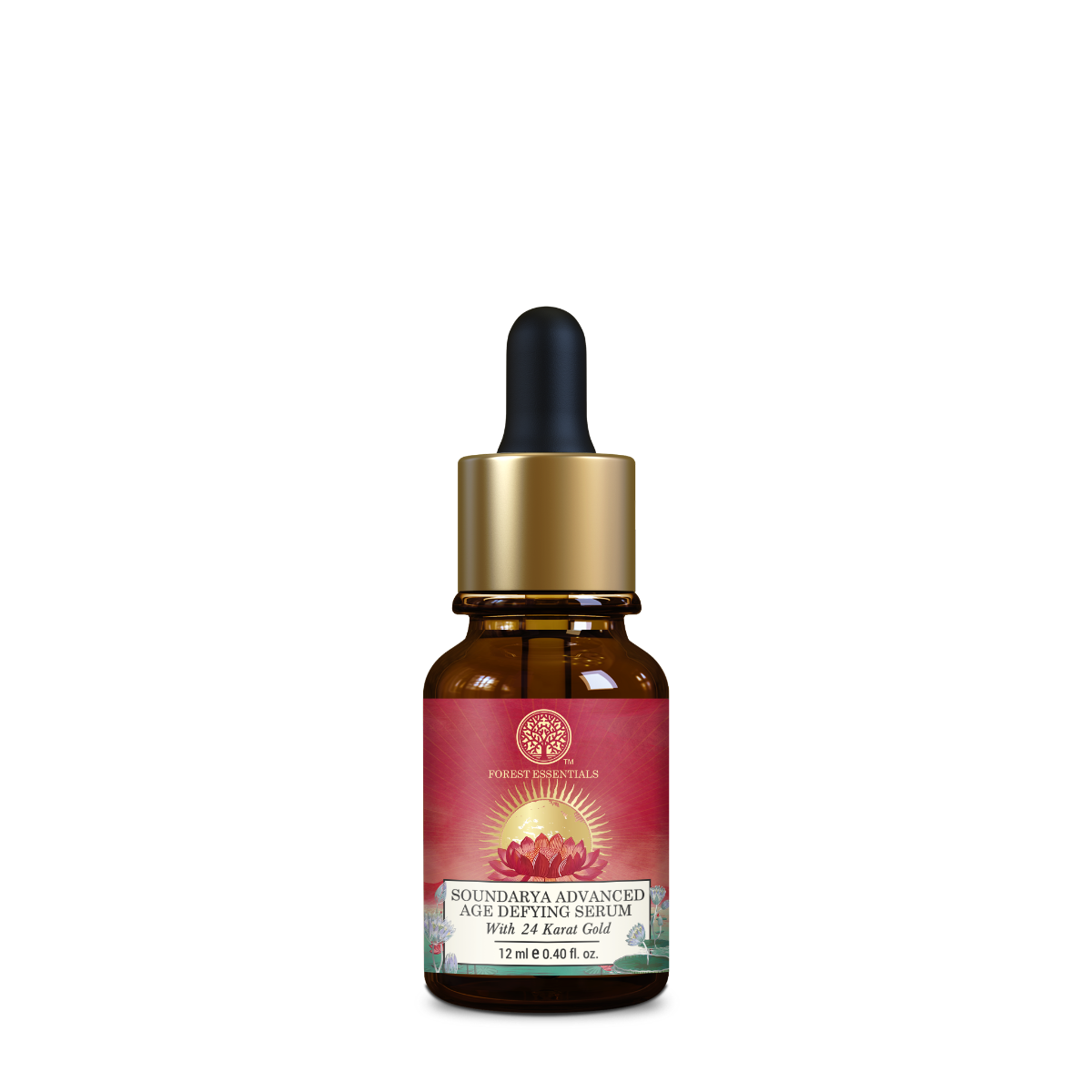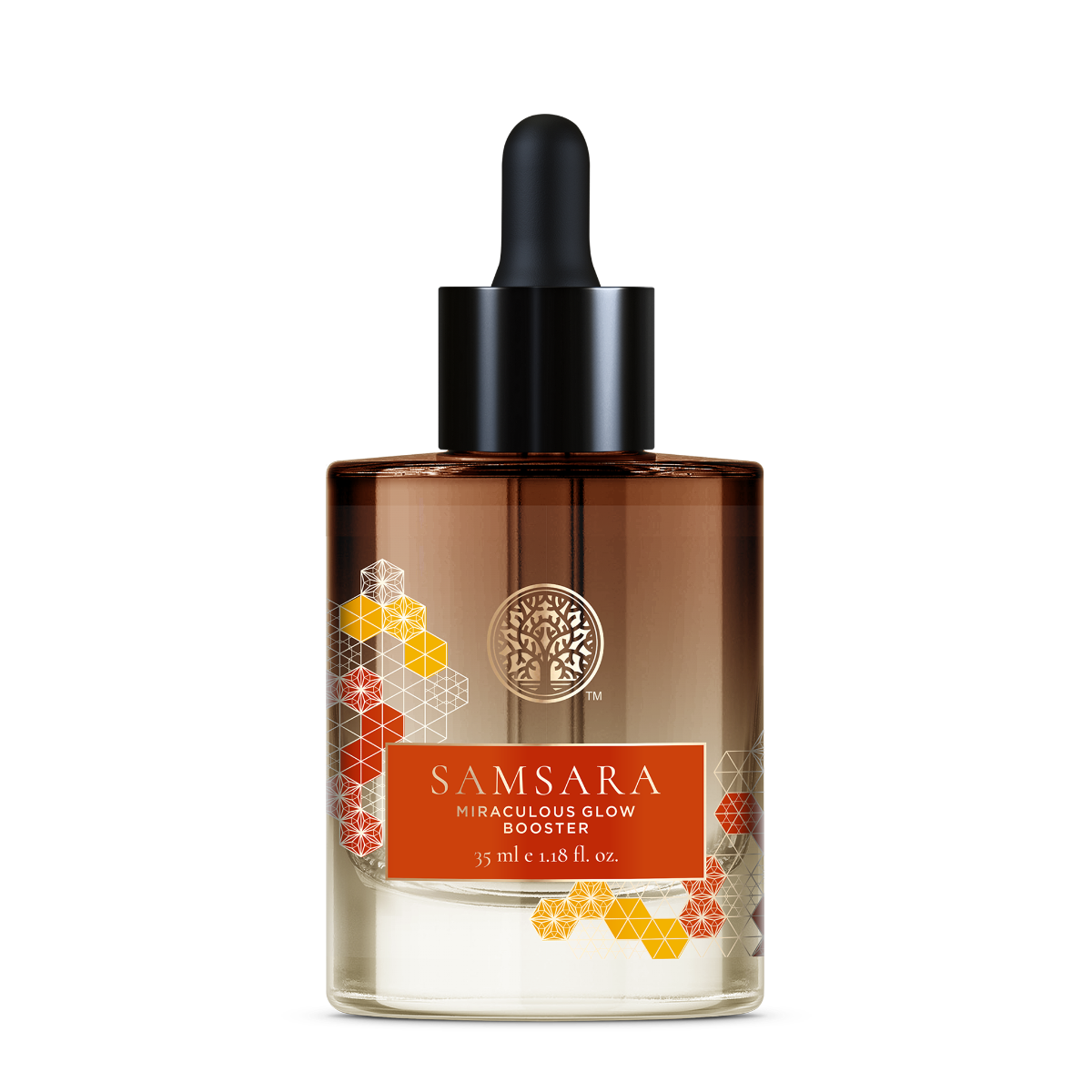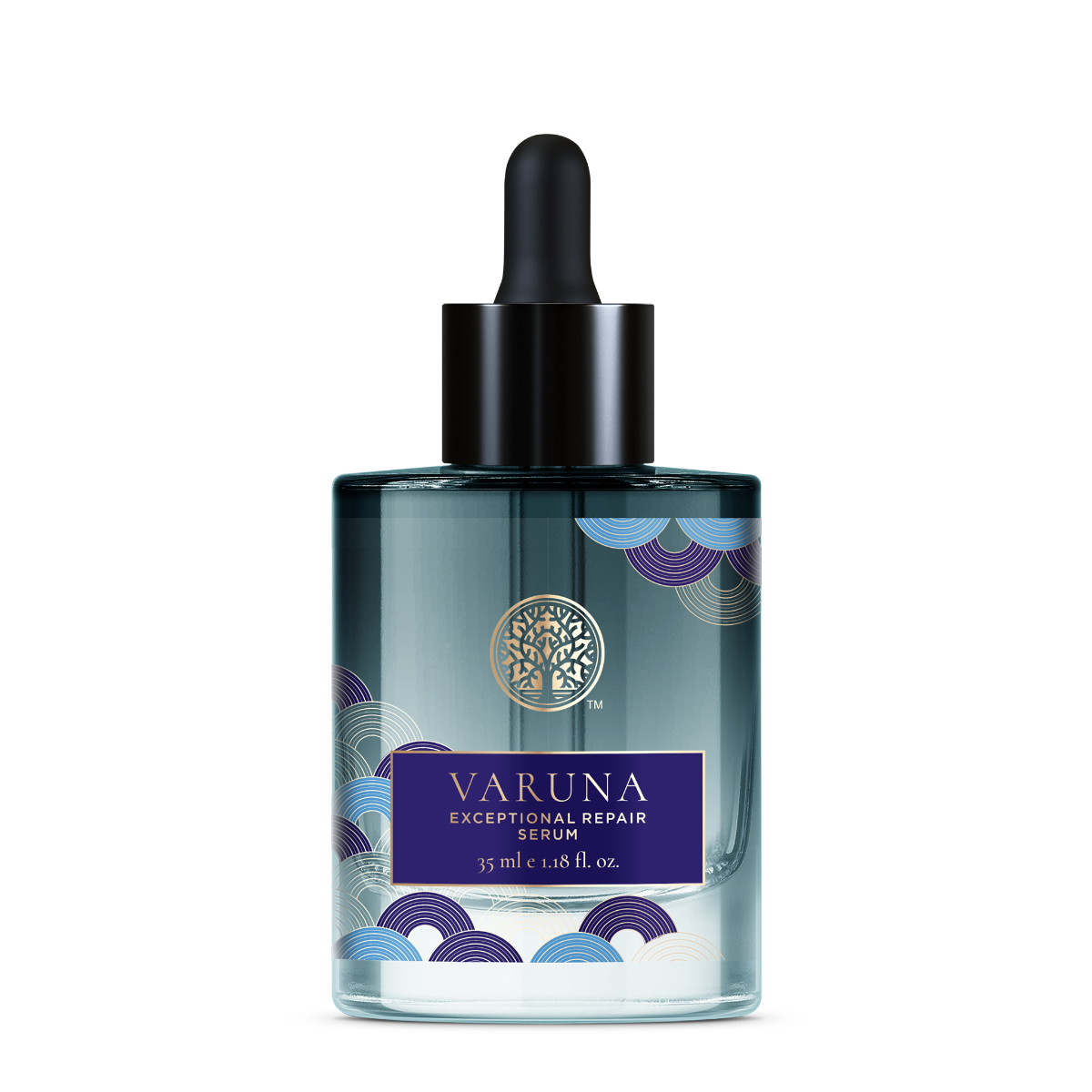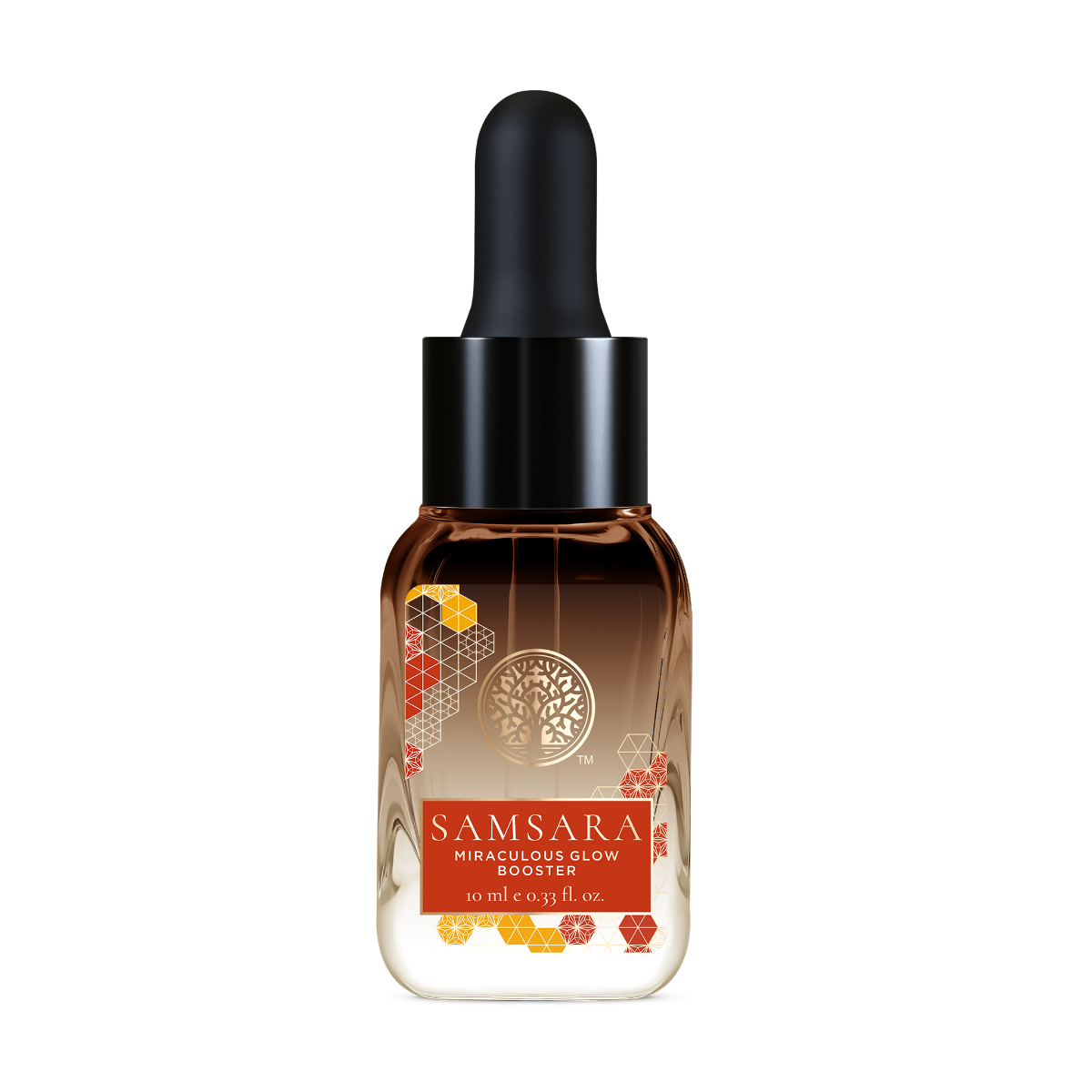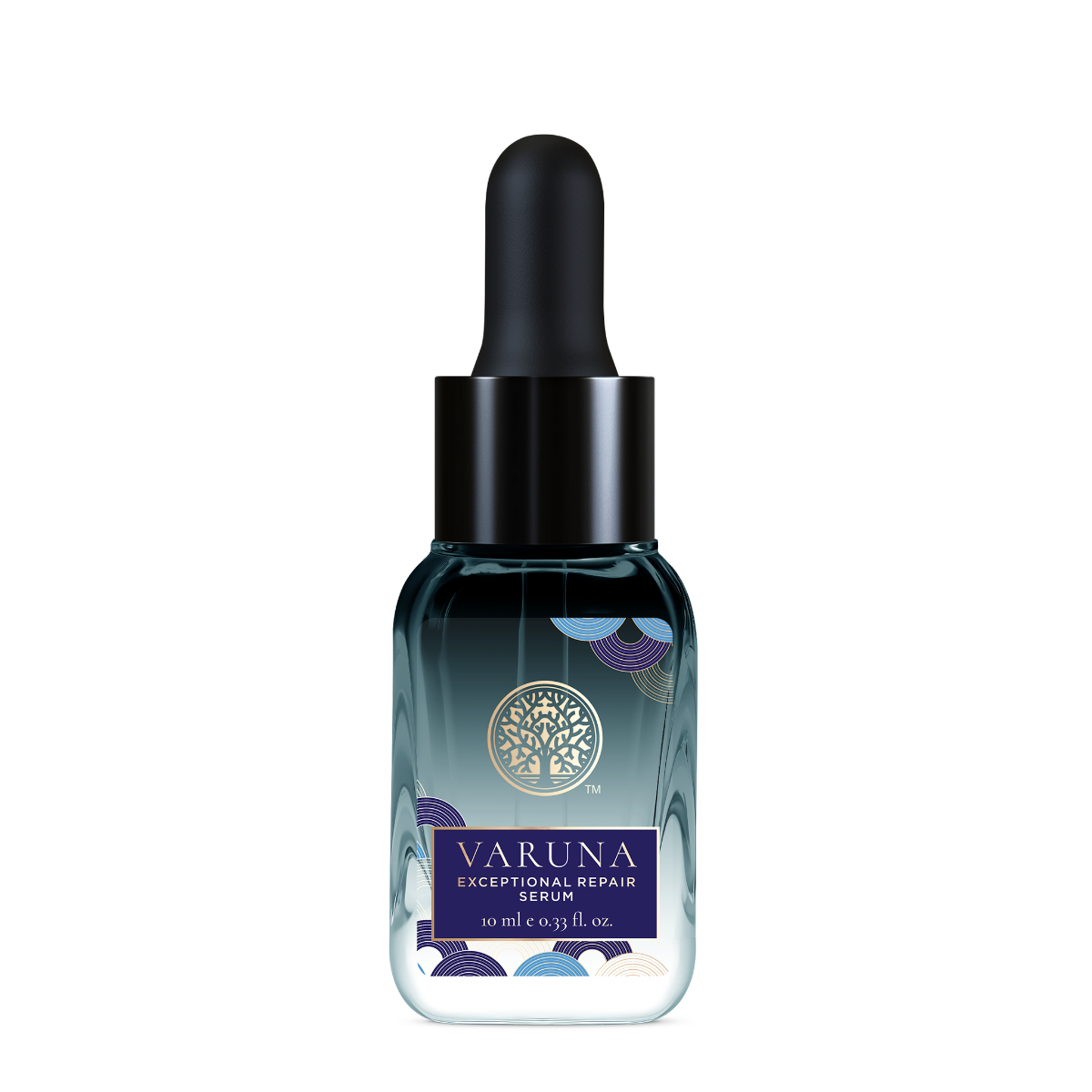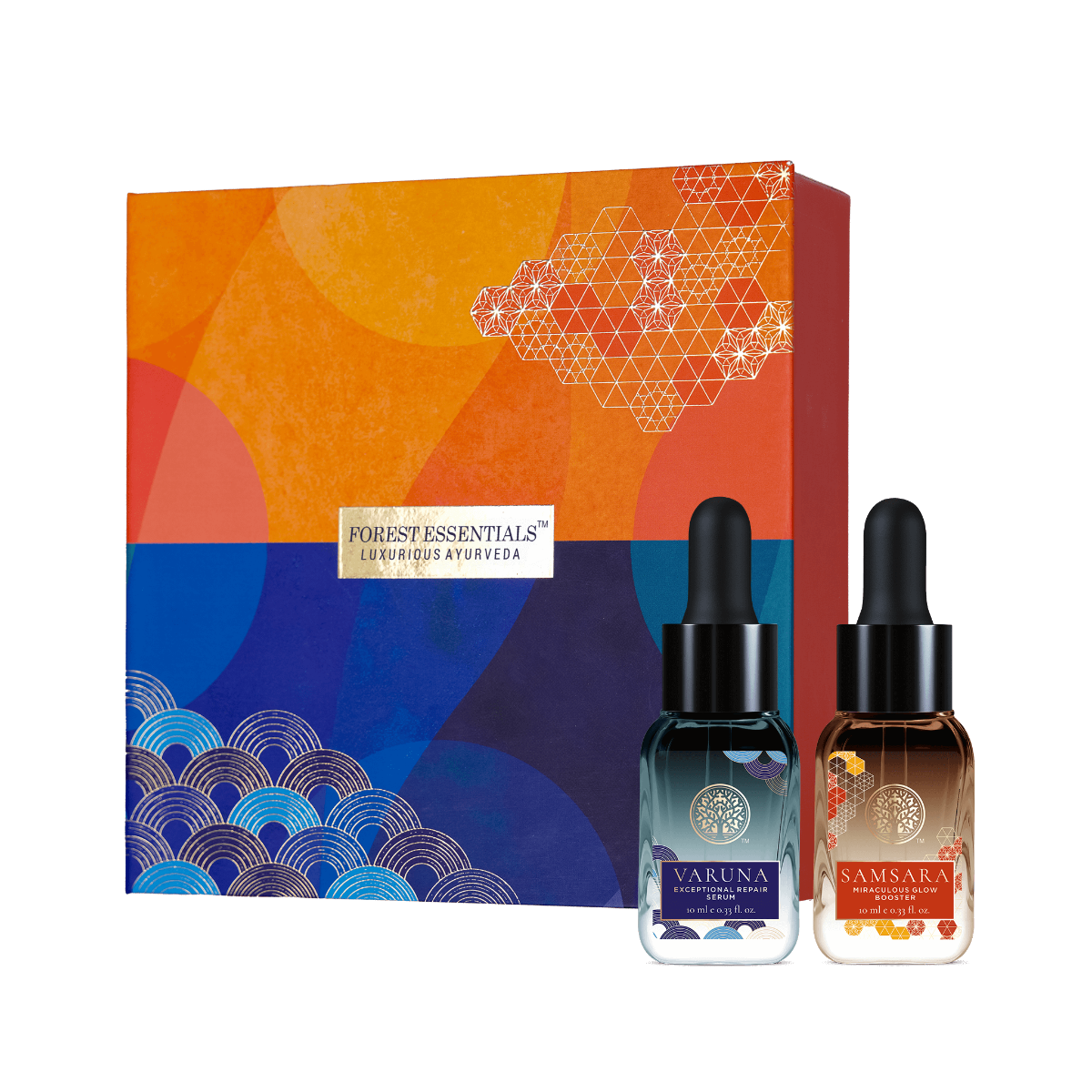In recent years, anti-ageing serums have surged in popularity, driven by heightened skincare awareness and the influence of social media. Anti-ageing serums primarily focus on reducing the visible signs of ageing, such as wrinkles, fine lines, and loss of elasticity.
It has long been believed that Retinol is the secret component in anti-aging skincare products. People who have tried it, however, are all too familiar with the transitional phase, which includes extremely dry skin, occasional flaking, and discomfort. While some of us can tolerate the powerful ayurvedic ingredients, Retinol might not be an ideal option for people with sensitive skin or specific skin issues. In these cases, Bakuchiol can be helpful. For those who cannot take Retinol, this plant-based anti-aging ingredient—also known as “Nature’s Retinol”—is a blessing.
Understanding The Role of Super Ingredients Retinol and Bakuchiol

Retinol is a derivative of vitamin A, specifically a type of Retinoid. It is a fat-soluble vitamin that plays a crucial role in skin health, vision, and immune function. In skincare, Retinol is prized for its ability to promote cell turnover, boost collagen production, and improve skin texture and tone.
Originally derived from animal sources, Retinol can now be synthetically produced for use in various cosmetic formulations. It is often included in anti-aging and acne treatment products due to its proven effectiveness in reducing fine lines, wrinkles, and acne lesions. By encouraging the shedding of old skin cells and the growth of new ones, Retinol helps achieve a smoother, more youthful complexion.
How Retinol Works on the Skin

Retinol works for anti-aging primarily through the following mechanisms:
- Increases Cell Turnover: Retinol accelerates the shedding of dead skin cells and promotes the growth of new ones, which helps in the improvement of skin texture and tone.
- Boosts Collagen Production: It stimulates fibroblasts in the skin to produce more collagen, a key protein that maintains skin elasticity and firmness, reducing the appearance of fine lines and wrinkles.
- Improves Skin Elasticity: By enhancing collagen and elastin fibers, Retinol helps restore skin elasticity, making it look firmer and more youthful.
- Reduces Hyperpigmentation: Retinol can help fade age spots and uneven skin tone by promoting more uniform skin cell renewal.
- Minimizes Pore Appearance: By keeping pores cleansed and reducing oil buildup, Retinol can make pores appear smaller, contributing to a smoother skin surface.
What is Nature’s Retinol: Bakuchiol?
Bakuchiol is a natural, plant-derived compound extracted from the seeds and leaves of the Psoralea corylifolia plant, also known as Babchi. It is often used as a gentler alternative to Retinol in skincare due to its similar anti-aging and skin-improving benefits.
Understanding How It Works

- Stimulates Collagen Production: Bakuchiol encourages the production of collagen, helping to improve skin elasticity and firmness, which reduces the appearance of fine lines and wrinkles.
- Enhances Cell Turnover: It promotes the shedding of dead skin cells and encourages the growth of new, healthier cells, leading to a smoother skin texture and improved tone.
- Antioxidant Properties: Bakuchiol works miraculously as an antioxidant and protects the skin from free radical damage, which can accelerate aging and contribute to skin damage.
- Anti-inflammatory Effects: It calms irritated skin and reduces redness, making it suitable for sensitive or reactive skin types.
- Regulates Oil Production: Bakuchiol can help manage sebum production, making it beneficial for those with acne-prone skin.
FAQs
What is the difference between bakuchiol and Retinol?
Bakuchiol is a plant-derived ingredient often marketed as a natural alternative to Retinol. While both promote collagen production and improve skin texture, bakuchiol is generally considered gentler, causing less irritation, and is suitable for sensitive skin. Retinol, a synthetic vitamin A derivative, is more potent but can lead to dryness and irritation.
Is bakuchiol better than Retinol?
Whether bakuchiol is better than Retinol depends on individual skin type and concerns. Bakuchiol is gentler and suitable for sensitive skin, while Retinol is more potent for anti-aging and acne. Choose based on your skin’s needs and tolerance.
Which is better for anti-aging, bakuchiol or Retinol?
Retinol is generally considered more effective for anti-aging due to its strong ability to promote cell turnover and collagen production, leading to noticeable improvements in fine lines and wrinkles. Bakuchiol, while gentler and suitable for sensitive skin, provides similar anti-aging benefits but may take longer to show results. For those seeking potent effects, Retinol is typically the preferred choice, while bakuchiol is great for a milder approach.
Can I use bakuchiol and Retinol together?
Yes, you can use bakuchiol and Retinol together, but it’s best to introduce them gradually to avoid irritation. Start by using one in the morning (like bakuchiol, which is less irritating) and the other at night (Retinol). This combination can enhance anti-aging benefits while minimizing potential side effects from Retinol. Always monitor your skin’s response and adjust usage as needed.
Is bakuchiol safer than Retinol?
Yes, bakuchiol is generally considered safer than Retinol, especially for sensitive skin. It is less likely to cause irritation, redness, or peeling, which are common side effects of Retinol. Bakuchiol can also be used during the day without increasing sun sensitivity, making it a gentler option for those looking to avoid the harsher effects associated with Retinol.
How does bakuchiol work on the skin?
Bakuchiol works on the skin by stimulating collagen production and promoting cell turnover, similar to Retinol but in a gentler manner. It has antioxidant properties that help protect against free radical damage, reducing signs of aging like fine lines and uneven texture. Additionally, bakuchiol can improve skin elasticity and clarity, making it a great choice for enhancing overall skin health and appearance.
Can bakuchiol or Retinol help with acne?
Both bakuchiol and Retinol can help with acne. Retinol is well-known for its effectiveness in treating acne by unclogging pores, reducing inflammation, and promoting cell turnover. Bakuchiol also has anti-inflammatory properties and can help prevent breakouts while being gentler on the skin, making it suitable for those with sensitive or acne-prone skin. However, Retinol is often more potent and may provide quicker results for severe acne.
What does bakuchiol serum do?
Bakuchiol serum helps improve skin texture and tone by promoting collagen production and enhancing cell turnover. It reduces the appearance of fine lines, wrinkles, and uneven skin tone while providing antioxidant protection. Additionally, bakuchiol has anti-inflammatory properties, making it effective for calming irritation and preventing breakouts, making it suitable for a variety of skin types.
In India, bakuchiol is commonly referred to as “Babchi” or “Bakuchi.” It is derived from the seeds of the Psoralea corylifolia plant, which has been used in traditional Ayurvedic medicine for its skin benefits. The ingredient is gaining popularity in skincare products for its natural anti-aging and acne-fighting properties.
References
https://pmc.ncbi.nlm.nih.gov/articles/PMC10683784
https://pmc.ncbi.nlm.nih.gov/articles/PMC9328396
https://onlinelibrary.wiley.com/doi/full/10.1111/bjd.16918





